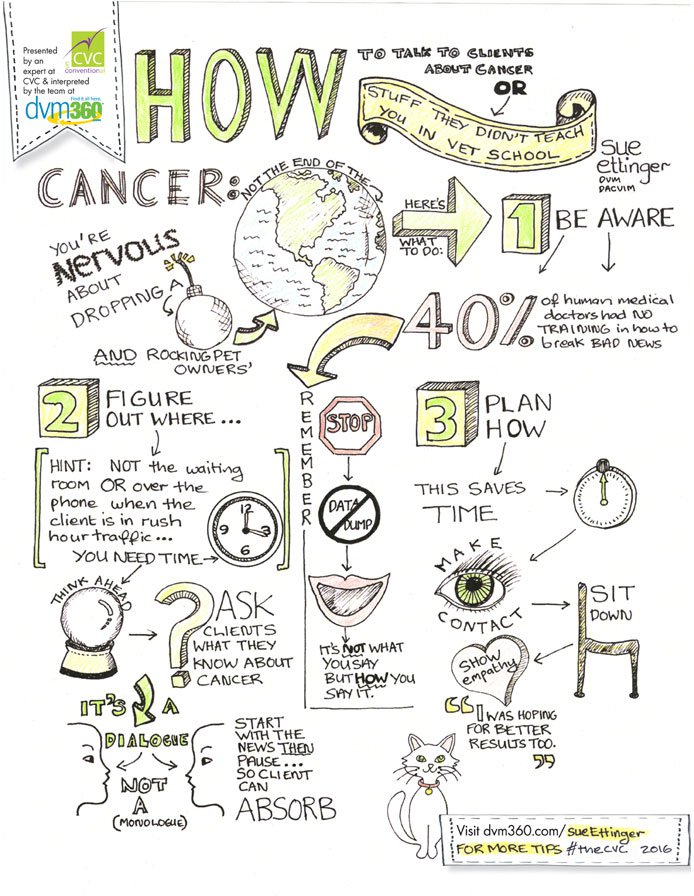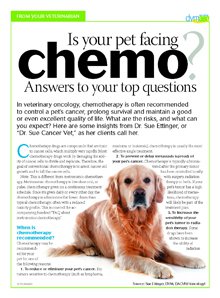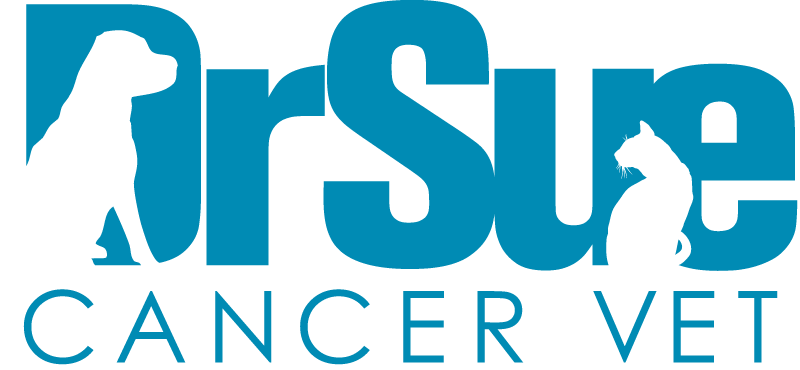Clinical Insights is a series of articles by Dr. Sue Ettinger, head of the Oncology Department at Animal Specialty & Emergency Center in Wappinger Falls, New York. Dr. Ettinger’s mission is to promote awareness and education about cancer in pets. In these articles, she will combine her expertise in oncology with her experiences in practice to detail how clinicians can better care for cancer patients.
News
Christmas Miracles Do Happen- Here’s Proof
“Are you sure?” I replied when I found out. Tears rolled down my face. This had never happened in my career. How could I tell Tanner’s family? I could not believe this was happening.
It’s one of the hardest parts of my jobs as a veterinary cancer specialist. Clients who want to treat their dog or cat but cannot afford it. Treating cancer in pets can be really expensive. I always try to present a range of treatment options at a variety of costs. I am used negotiating which diagnostics might not be needed before we start treatment. I am used to discussing plan B, plan C and sometimes plan D for treatment. And then sometimes the no treatment option is picked because everything else too expensive. And even though I am used to it, it can be heartwrenching.
Should you treat a patient as if it were your own pet?

Should a veterinarian treat a patient as if the pet were her own?
Last year I was asked to do just this by clients I had just met. But making decisions as if a pet is your own is hard thing to do. What I may choose for my pet may not be right for someone else.
Case in point: Paige.
How to talk to clients about cancer
CVC speaker Sue Ettinger, DVM, DACVIM (oncology), offers tips to make cancer talks an open dialogue. Check out the sneak peek below (click for a printable PDF), then visit thecvc.com to see a complete listing of Dr. Ettinger’s sessions.

I Missed A Tumor In My Own Veterinary Technician’s Dog
 I messed up. I missed a tumor in my own veterinary technician’s dog. How did I let this happen? How did I fail Smokey and Amanda?
I messed up. I missed a tumor in my own veterinary technician’s dog. How did I let this happen? How did I fail Smokey and Amanda?
DVM 360 Client handout: FAQ about chemotherapy in pets
 In veterinary oncology, chemotherapy is often recommended to control a pet’s cancer, prolong survival and maintain a good or even excellent quality of life. What risks should clients know about, and what can they expect during the process? This client handout contains insights from Dr. Sue Ettinger, or “Dr. Sue Cancer Vet,” as her clients call her. Download it now.
In veterinary oncology, chemotherapy is often recommended to control a pet’s cancer, prolong survival and maintain a good or even excellent quality of life. What risks should clients know about, and what can they expect during the process? This client handout contains insights from Dr. Sue Ettinger, or “Dr. Sue Cancer Vet,” as her clients call her. Download it now.


